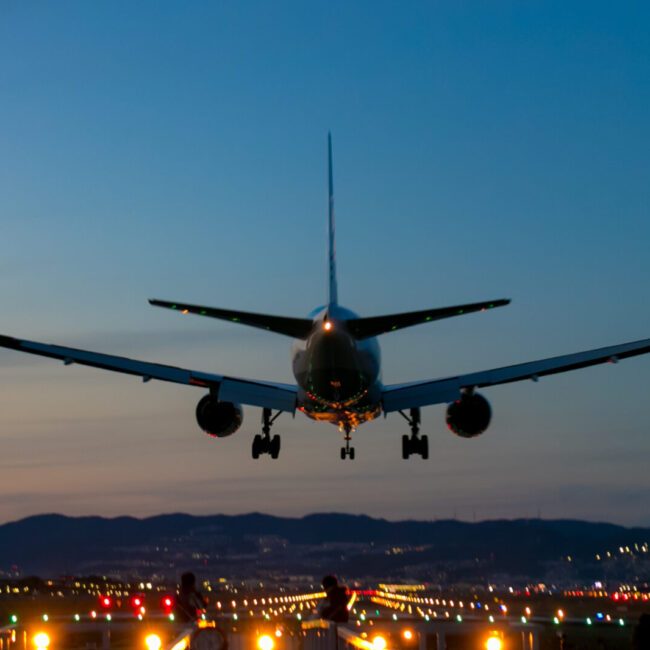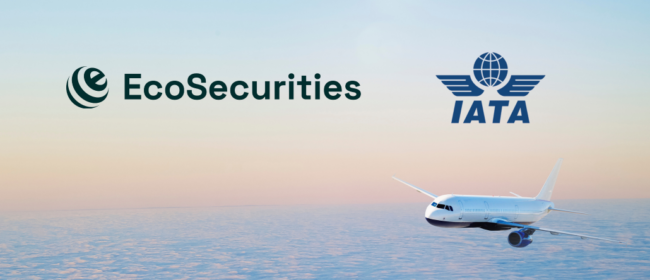Aviation is far from reaching its 2050 net zero goals, and while sustainable aviation fuel (SAF) offers promise, it remains scarce and expensive. Carbon offsets, however, present an interim solution for airlines to reduce aviation emissions until SAF becomes more viable. In this podcast, Pablo Fernandez, CEO of Ecosecurities, and Yue Huang, Assistant Director of Climate Policy at IATA, discuss how airlines can navigate carbon offset regulations like CORSIA and ensure compliance while waiting for alternative fuels to mature. They also touch on the future role of SAF and the challenges of balancing carbon credits with emerging aviation technologies.
Key takeaways
- CORSIA Compliance: Airlines must offset emissions beyond 85% of 2019 levels by purchasing carbon credits.
- Supply-Demand Imbalance: Limited availability of CORSIA-eligible carbon credits presents a challenge for airlines.
- Carbon Offset Strategy: Early commitment to carbon projects can hedge against rising credit prices.
- SAF and Hydrogen: Sustainable aviation fuel (SAF) is a near-term solution, while green hydrogen remains a long-term option.
- Article 6: Future international cooperation under the Paris Agreement could enhance the accountability of carbon markets.


